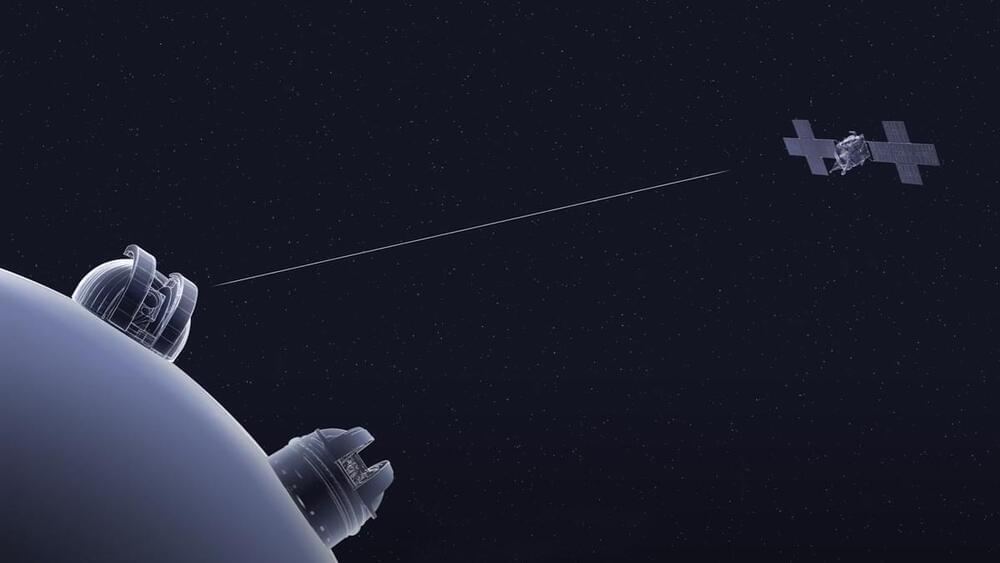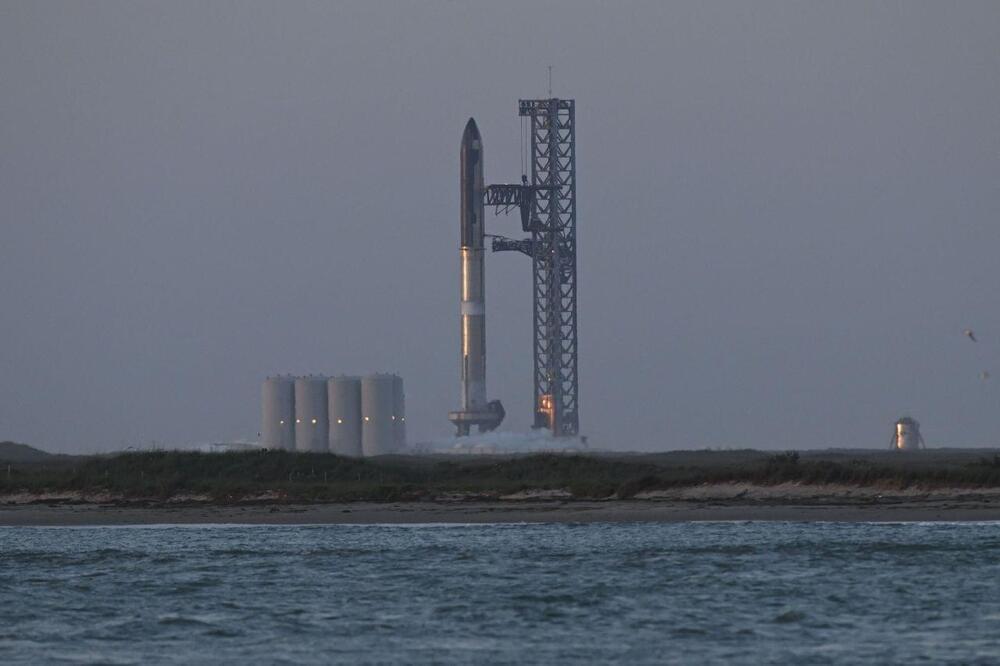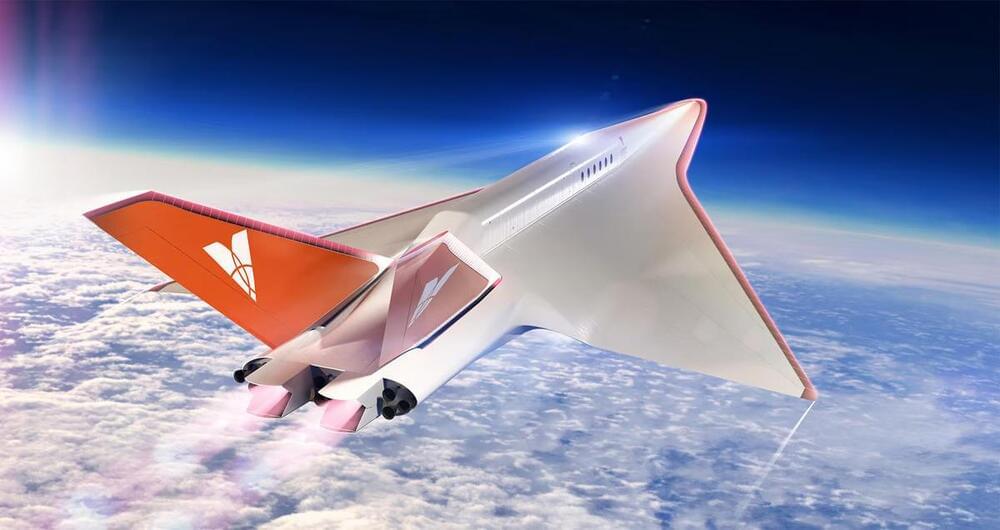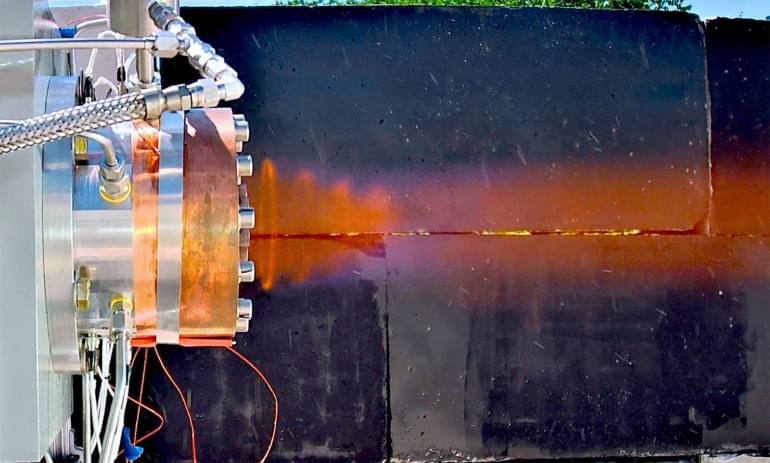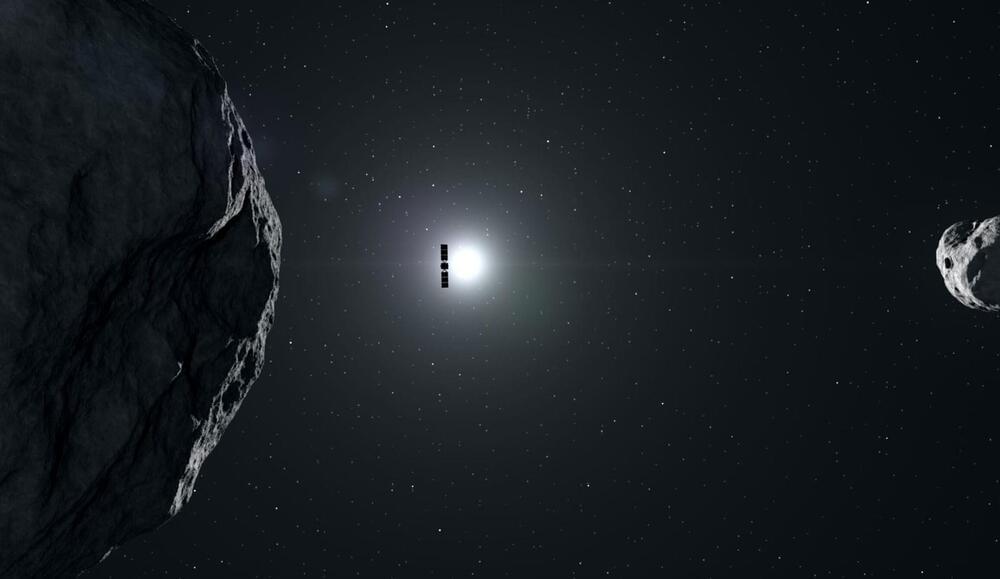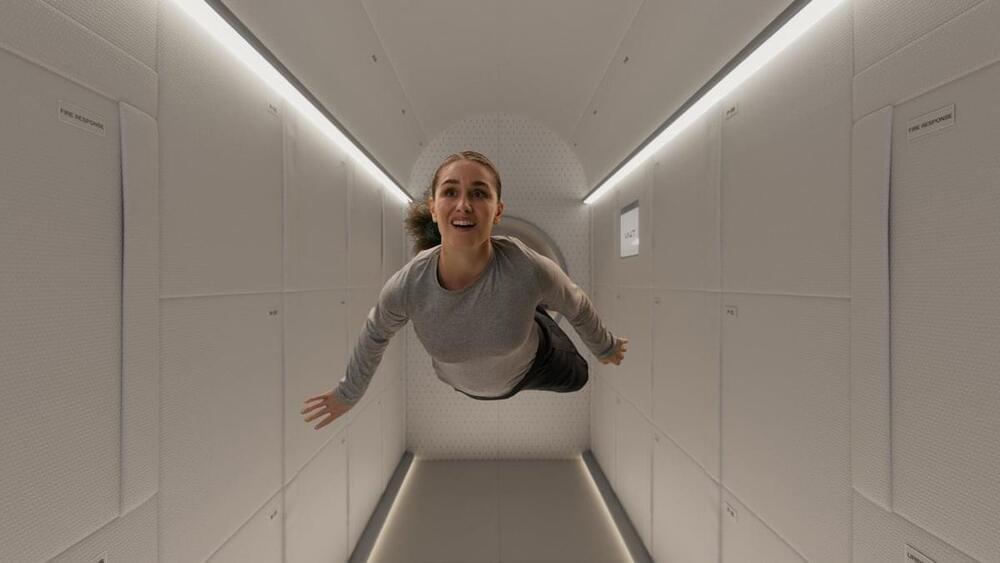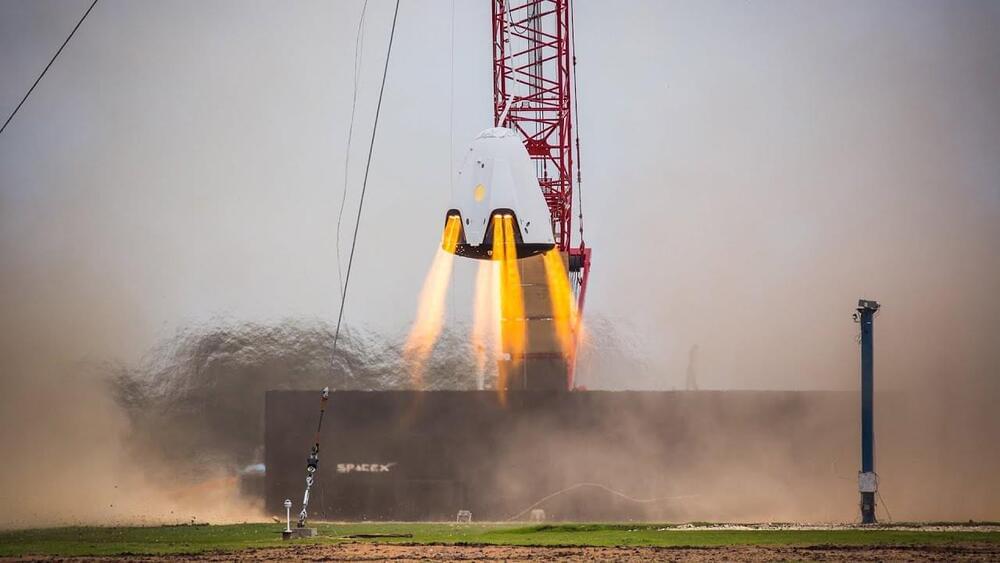SpaceX is preparing the launch of the fifth Starship flight test. The window for the launch opens at 7 a.m. local time on Sunday. The company has confirmed on its website, and X, that it is targeting a potential catch of the Super Heavy test vehicle, if flight parameters allow for it.
Window Opens: October 13th at 7AM CDT (12:00 UTC)
Window Closes: October 13th at 8AM CDT (13:00 UTC)
Mission: Starship’s fifth fully integrated test flight.
Launch location: Orbital Launch Pad A, Starbase, Earth.
Target orbit: Trans-atmospheric.
Booster: Booster 12
Booster recovery: Orbital Launch Pad A launch tower arms.
Ship: Ship 30
Ship recovery: Will attempt soft splashdown on the Indian Ocean.
Rocket trajectory: Straight east over the Gulf of Mexico.
Payload mass: Some rust and sand?
Stubby nozzle: Lord help us if there’s ever a stubby nozzle on Starship.
Stats:
· SpaceX’s 98th launch of the year and the 2nd launch of the month.
· Starship’s 5th launch.
· 1st Super Heavy recovery attempt (fishing B11’s engine section out of the Gulf doesn’t count)
⚡ Become a member of NASASpaceflight’s channel for exclusive discord access, fast turnaround clips, and other exclusive benefits. Your support helps us continue our 24/7 coverage. ⚡

